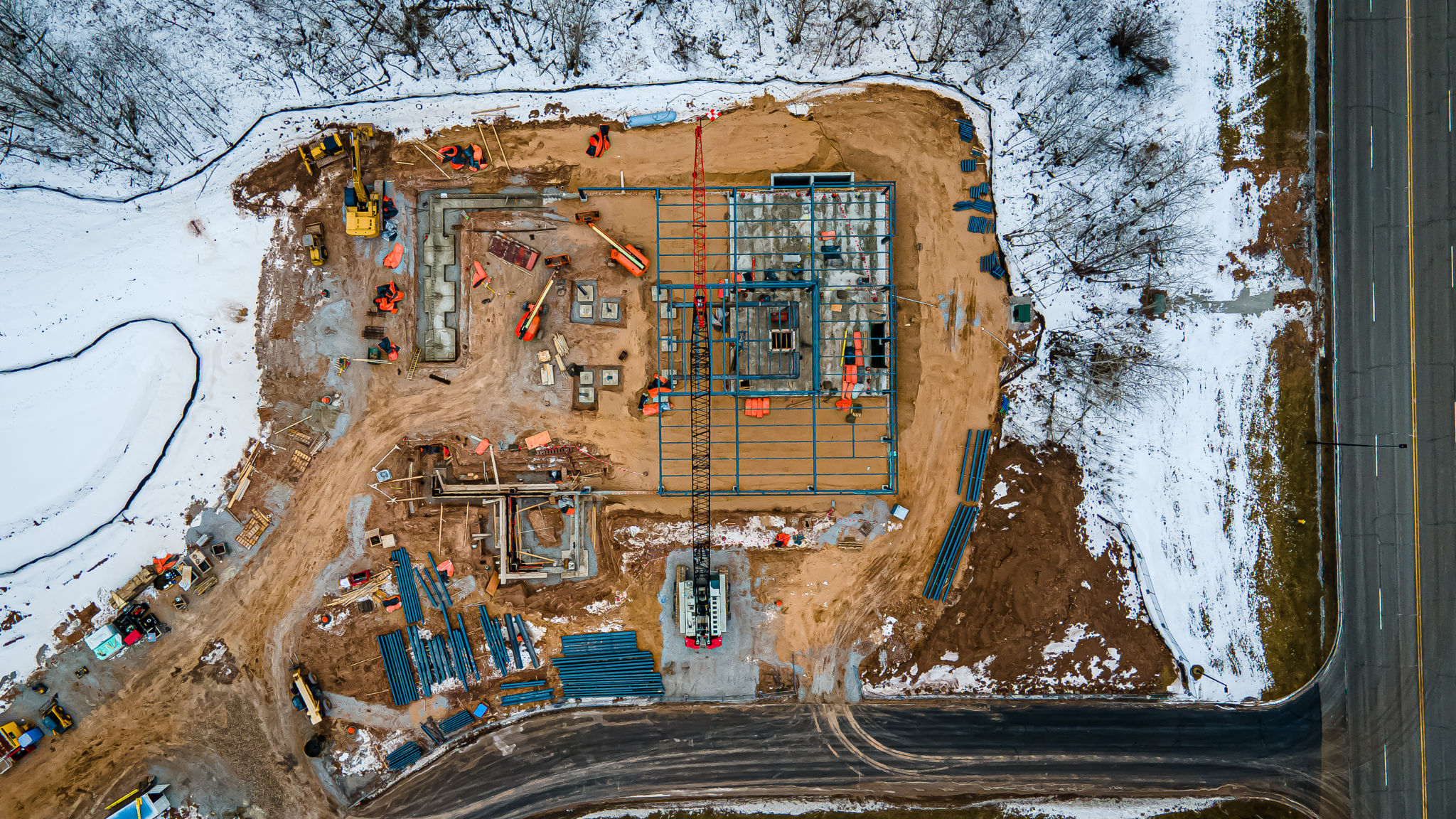How Weather Impacts Your Construction Project and What to Do About It
Understanding the Impact of Weather on Construction Projects
Weather is an uncontrollable factor that can significantly affect the timeline, budget, and overall success of a construction project. From extreme temperatures to unexpected storms, weather conditions can cause delays, increase costs, and even pose safety risks. Understanding how different weather elements impact construction activities is crucial for effective project management.

How Rain Affects Construction
Rain is one of the most common weather-related issues in construction. It can lead to waterlogged sites, making it difficult for workers to maneuver and operate heavy machinery. Additionally, rain can cause delays in setting concrete and masonry work, leading to extended project timelines. To mitigate these impacts, it's essential to have a comprehensive drainage plan and to use moisture-resistant materials wherever possible.
The Effects of Temperature Extremes
Both high and low temperatures can pose significant challenges. In hot climates, excessive heat can lead to dehydration and heat-related illnesses among workers, while also affecting the curing process of concrete and other materials. On the other hand, freezing temperatures can cause materials like asphalt and concrete to become brittle, leading to cracks and structural issues. Implementing temperature control measures and scheduling work during optimal weather conditions can help alleviate these issues.

Wind's Role in Construction Delays
Strong winds can halt construction activities, particularly those involving cranes and other tall equipment. Wind can also pose safety risks by causing debris to become airborne. To address wind-related challenges, consider using windbreaks and regularly checking weather forecasts to adjust schedules accordingly. It's also important to secure all materials and equipment on-site to prevent accidents.
Strategies for Weather-Resilient Construction
While you can't control the weather, you can implement strategies to minimize its impact. Here are some proactive measures:
- Weather Forecasting: Utilize advanced weather forecasting tools to anticipate adverse conditions and plan accordingly.
- Flexible Scheduling: Build flexibility into your project timeline to accommodate weather-related delays.
- Material Selection: Choose weather-resistant materials that perform well under various conditions.
- Safety Protocols: Develop comprehensive safety plans to protect workers during adverse weather.

The Importance of Communication
Effective communication is key in managing weather impacts on construction projects. Ensure that all team members are informed about potential weather disruptions and the measures in place to address them. Regularly update stakeholders on any changes to the project timeline due to weather conditions.
Leveraging Technology for Weather Management
Technology plays an increasingly vital role in managing weather impacts. From drones that provide aerial site inspections to software that integrates weather data into project planning, leveraging technology can help make informed decisions. By staying abreast of technological advancements, construction managers can better prepare for and respond to weather-related challenges.
In conclusion, while weather will always be an unpredictable factor in construction projects, understanding its potential impacts and implementing strategic measures can significantly reduce its effects. By planning ahead, communicating effectively, and utilizing technology, you can keep your project on track despite the whims of Mother Nature.